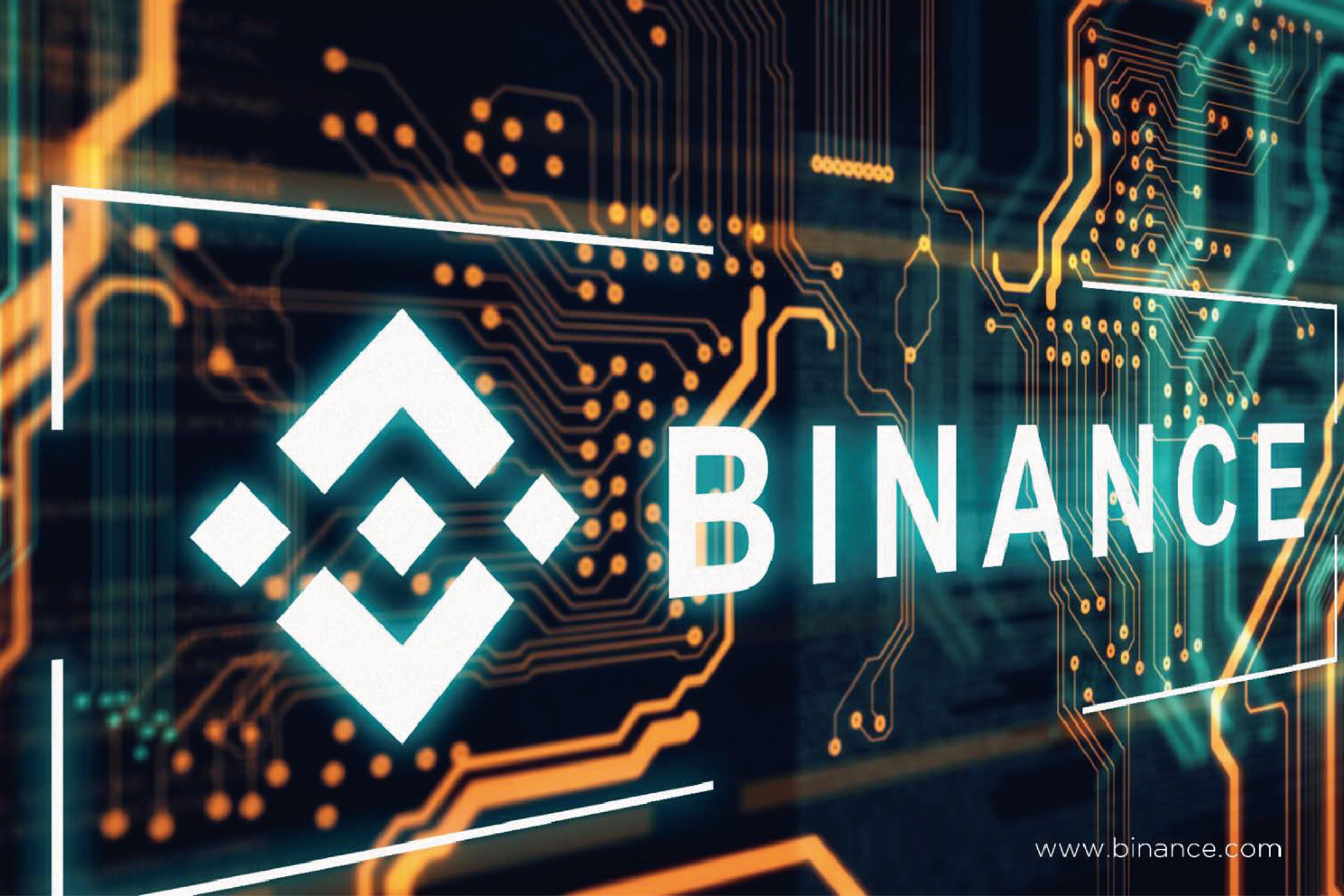New Malta Government still up to Malta Blockchain Island
Malta’s new government wants to consolidate blockchain despite rejecting Binance

Last week, the financial regulator of Malta issued a statement stating that Binance, a leading cryptocurrency exchange that had been enjoying a close relationship with Maltese authorities, is not authorised to operate in the crypto currency sphere.
Binance crypto-licence status in Malta
The MFSA’s press release stated:
Following a report in a section of the media referring to Binance as a “Malta-based cryptocurrency” company, the Malta Financial Services Authority (MFSA) reiterates that Binance is not authorised by the MFSA to operate in the crypto currency sphere and is therefore not subject to regulatory oversight by the MFSA. The Authority is however assessing if Binance has any activities in Malta which may not fall within the realm of regulatory oversight. Admission of virtual financial assets to trading and/or for offering virtual financial assets to the public in and from Malta requires an MFSA licence in terms of the Virtual Financial Assets Act (CAP 590) of 2018.
While the Malta Financial Services Authority has yet to license any cryptocurrency business — and not just Binance — under the country’s widely marketed cryptocurrency framework, the statement signifies a deterioration in relations between the cryptocurrency sector and Maltese officials, who have claimed to run a “blockchain island.”
While the change of tone could be attributed to the recent resignation of Maltese Prime Minister Joseph Muscat and the subsequent arrival of his successor, it seems like the local cryptocurrency industry had started to experience difficulties even before that. Nevertheless, in a comment to Cointelegraph, the new government has reiterated its plans to operate as a blockchain island.
Malta’s "Blockchain Island" ambitions
In September 2018, the Prime Minister ambitiously presented his country as a blockchain island during his speech at the United Nations General Assembly. Indeed, about two months prior to the announcement, the Maltese government had approved three crypto-related bills, aiming to establish a strong and transparent regulatory climate: namely, the Digital Innovation Authority Act, the Innovative Technological Arrangement and Services Act, and the Virtual Financial Asset Act.
Although nations like Canada, Japan and Belarus had already enacted cryptocurrency-specific laws by that time, Malta's transition toward becoming a blockchain island was unprecedentedly rapid. The term itself was coined in April 2018 when Silvio Schembri, the current minister of economy, investment and small business, commented to Cointelegraph on the news about Binance, the world’s top exchange, potentially moving to Malta after facing regulatory difficulties in Japan, where it was previously headquartered.
Binance in Malta
Binance’s relationship with the Maltese government was indeed close at the time. For instance, soon after the article announcing Binance’s interest in Malta aired on Bloomberg, the Prime Minister personally welcomed the exchange via Twitter, writing: “Welcome to Malta, Binance.” Binance CEO Changpeng Zhao, also known as CZ, soon responded to the prime minister’s tweet, adding that he was optimistic about the overall possibilities for crypto in the country.
Further, at some point in the summer of 2018, the company even had a private event in Malta, which was held at the official residence of the President of Malta. “How many of you have attended a blockchain even at the presidential palace?” CZ asked while giving a speech under the ancient walls, adding, “We got very, very lucky with Malta. Malta came at a time when regulatory clarity was very much needed.”
Other foreign crypto companies looking for a friendlier jurisdiction soon followed suit, namely fellow exchanges OKEx and BitBay, which had been based in Japan and Poland respectively. Malta’s lowest corporate tax rate for international companies in the European Union — set at a modest 5%, compared to the EU average of 22% — appeared to be yet another rationale for relocating.
In October 2018, Malta continued its “pro-blockchain” politics, signing a declaration to promote blockchain usage along with seven other EU countries. Then, on Nov. 1, the three aforementioned blockchain laws came into effect — and that’s when local players started to first experience difficulties.
Source: CoinTelegraph